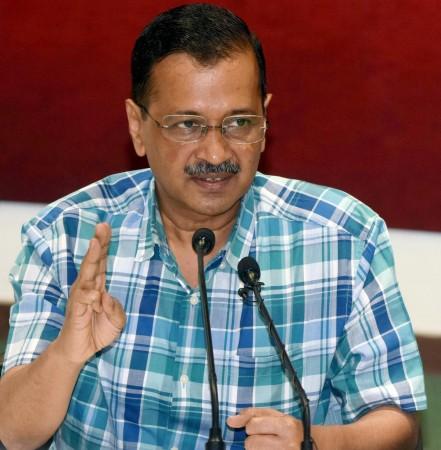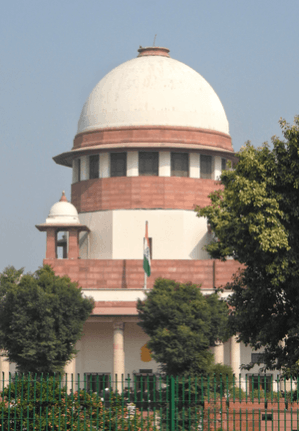
A Delhi court extended Chief Minister Arvind Kejriwal's judicial custody until September 25 in connection with the alleged liquor policy scam. Kejriwal appeared before the Rouse Avenue Court via video conferencing from Tihar Jail as his previous judicial custody expired.
During the brief hearing, the Central Bureau of Investigation (CBI) assured the court that it would provide a soft copy of the charge sheet to the accused and deliver the hard copy within 3-4 days.
Last week, Special Judge Kaveri Baweja of the Rouse Avenue Court issued a production warrant for Kejriwal following the CBI's filing of a supplementary charge sheet in the corruption case linked to the alleged excise policy scam.

Meanwhile, the Supreme Court has yet to deliver its verdict on Kejriwal's plea challenging his CBI arrest and seeking bail. On September 5, Justices Surya Kant and Ujjal Bhuyan reserved their decision after hearing arguments from Kejriwal's counsel, Abhishek Manu Singhvi, and the CBI's representative, Additional Solicitor General (ASG) S.V. Raju.
Singhvi argued that the CBI made a hasty arrest of the Delhi CM, despite not detaining him for two years. He emphasized that Kejriwal satisfied the criteria for bail, adding that the CM posed no flight risk and could not tamper with evidence. In contrast, the CBI claimed that Kejriwal's release might lead to witnesses turning hostile.
ASG Raju also contended that Kejriwal's bail request should be referred back to the trial court, asserting that his arrest was lawful and did not violate fundamental rights.
The Supreme Court had previously granted interim bail to Kejriwal on July 12 in connection with a money laundering case filed by the Enforcement Directorate (ED). However, he remained in jail due to the CBI's separate arrest in the corruption case.














